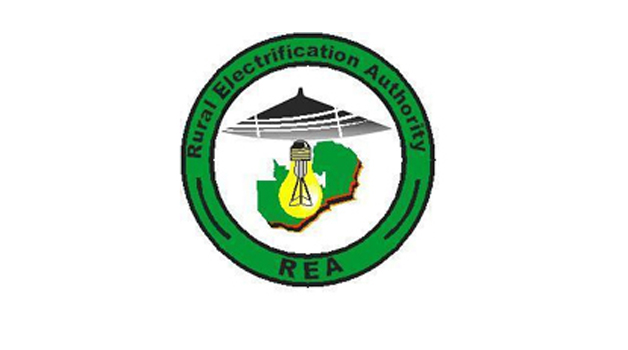 By JAMES KUNDA –
By JAMES KUNDA –
THE Rural Electrification Authority (REA) has commenced the process of exploring wind-power as an alternative source of energy to reduce the country’s dependence on hydro-generated electricity.
REA has since entered into a Memorandum of Understanding (MoU) with the University of Zambia (UNZA) to conduct an assessment on the possibility of establishing a wind turbine in Lunga District of Luapula Province.
Lunga, the newly-created district, has been identified as the point of call for the green project due to its favourable wind regime as it is located on the Bangweulu Plains where wind flows freely on the plain terrain.
REA chief executive officer Geoffrey Musonda said at a Press conference in Lusaka yesterday that K630,000 would be spent on the 12-month exercise to ascertain the possibility of setting up a wind turbine in the area.
Mr Musonda said REA would also construct a 300 Mega Watt (MW) solar power plant in Lunga, which could be used in a hybrid format if the average wind speed was favourable to support the turbine.
Wind is one of the least exploited renewable energy resources in Zambia because its speed is generally low in many parts of the country.
“However, there is a possibility that there are areas in Zambia which have high wind speeds especially those in plain areas and near large water bodies like lakes.
“It is against this background that REA and UNZA have embarked on this one-year project to study the wind profile of Lunga District,” Mr Musonda said.
He said REA’s collaboration with UNZA was strategic as it would enhance mutual interest and complementary capacities in the delivery of sustainable energy.
Mr Musonda said the Lunga project would enhance the provision of sustainable energy solutions for rural areas in line with the Government policy on alternative sources of electricity to ensure security of supply.
He said the equipment which would be used during the Lunga project was durable enough to be used for similar explorations in other parts of the country which could possess high winds.
UNZA acting vice-chancellor Enala Mwase said the institution’s collaboration with REA would be spearheaded through the Technology Department and Advisory Unit (TDAU) of UNZA.
“There is a power generation challenge in our country arising from a weak national energy mix. It is, therefore, imperative that we explore other sources of power generation,” she said.
Professor Mwase said the initiative was a good example of a beneficial partnership between academia and the industry in finding solutions to societal needs.






